Organizations must focus on their commitment of boosting workforce skills, competence, and capabilities through accessible opportunities for learning and professional development. This demonstrates an intentional mind-set to foster continuous learning, encouraging and supporting individuals to adapt and upskill in response to changing needs.
Organizations often face challenges to build and deliver comprehensive and continuous skill development programs in-house. Collaborating with institutes equipped with the right frameworks, capacity, experience, and expertise is a rational option. This kind of partnership allows organisations to acquire essential skills with efficiency.

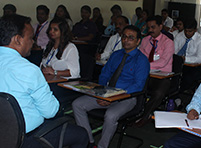
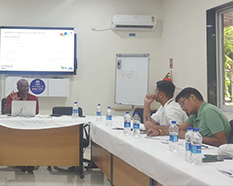
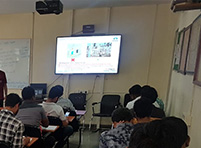

TPSDI can also work with your organisations to do a Training Needs Analysis and Identification (TNA & TNI) based on your business goals, assess current skills and competency levels in the organisation, identify skill gaps, and then build you a comprehensive capability-building map.
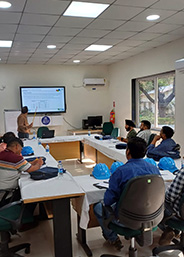
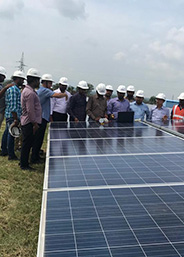
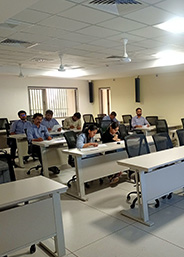
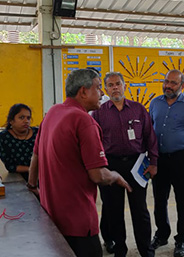
TPSDI has built a robust and tested learning framework that focuses on hands-on skills fortified by the necessary theoretical knowledge. TPSDI's training is designed by people with deep and extensive expertise of instructional design and in devising effective training plans for a diverse audience. The training solutions are enriched by inputs from Tata Power's subject matter experts and delivered by experienced personnel drawn from the industry.

Apart from in-person training at TPSDI or at the client location, TPSDI also offers virtual or online training through its TPSDI Virtual Academy of Skills (TVAS). TVAS training works very well for the senior workforce and managerial staff.

TPSDI can also design effective training interventions in a hybrid mode - delivering the theoretical aspects through online delivery and then training the staff in-person at TPSDI in practical skills. This enables organisations to optimize both time and cost of the skill building or enhancement.
While, TPSDI is known for its safety, technical and industrial skills training, the Institute also has the capability to deliver training programs in soft skills, various rules and regulations in the power sector, and particular management skills needed by supervisors and managers in the power sector.
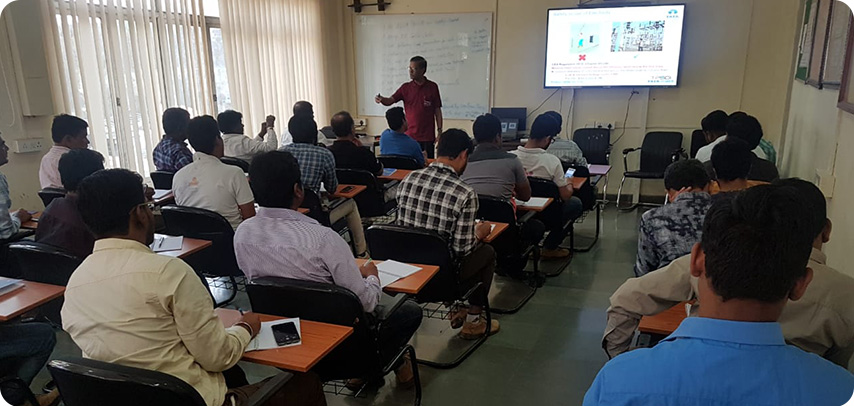
TPSDI's expertise in designing and delivering sound and effective training programs has received international recognition and three of the four Brandon Hall Awards in TPSDI's kitty are for its corporate training.